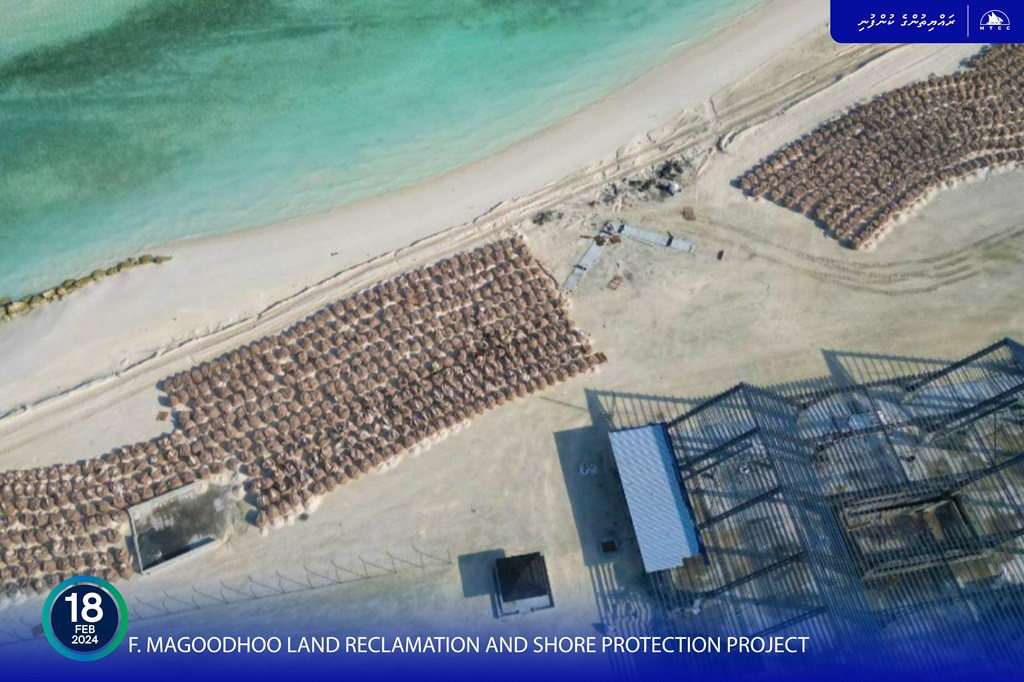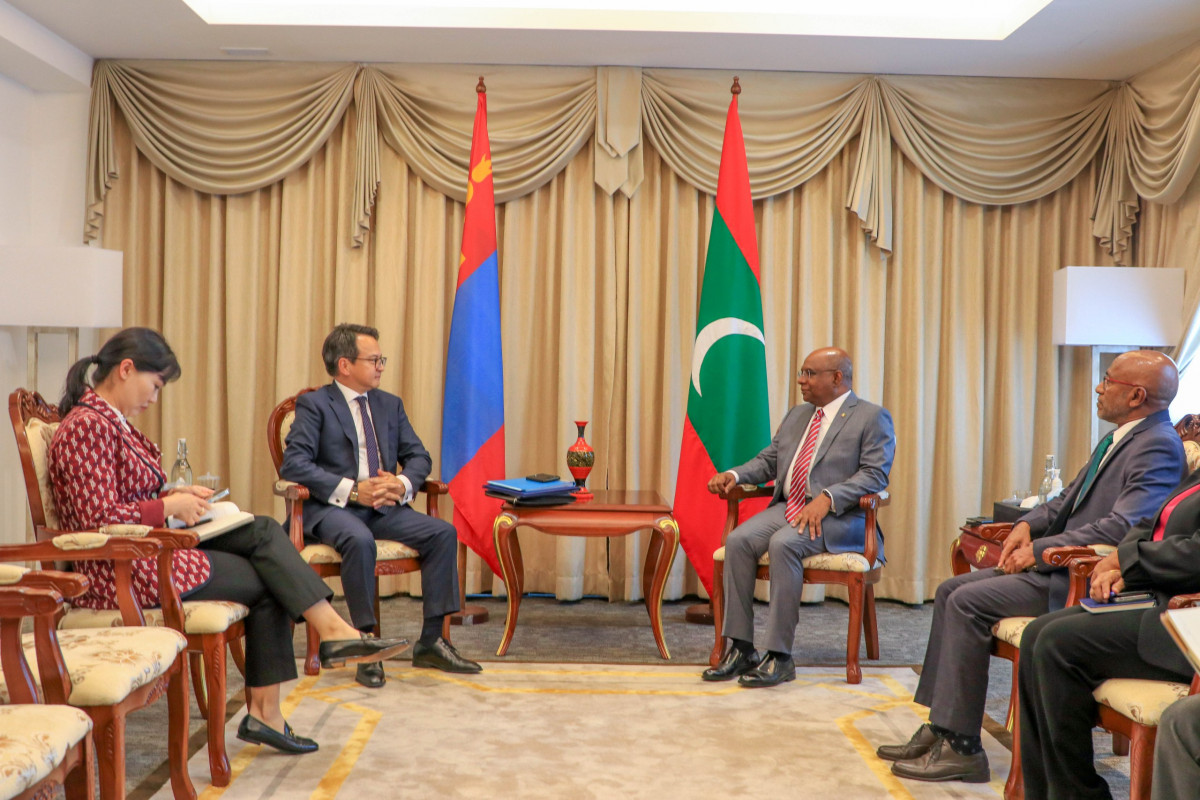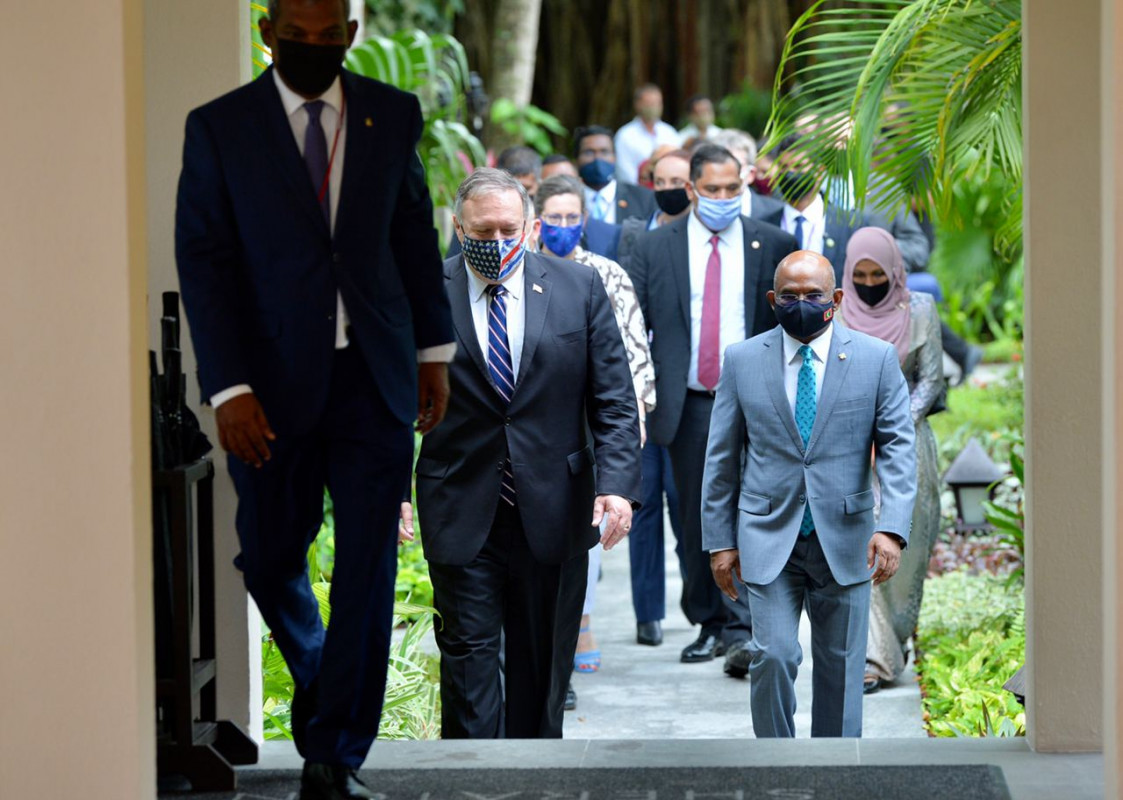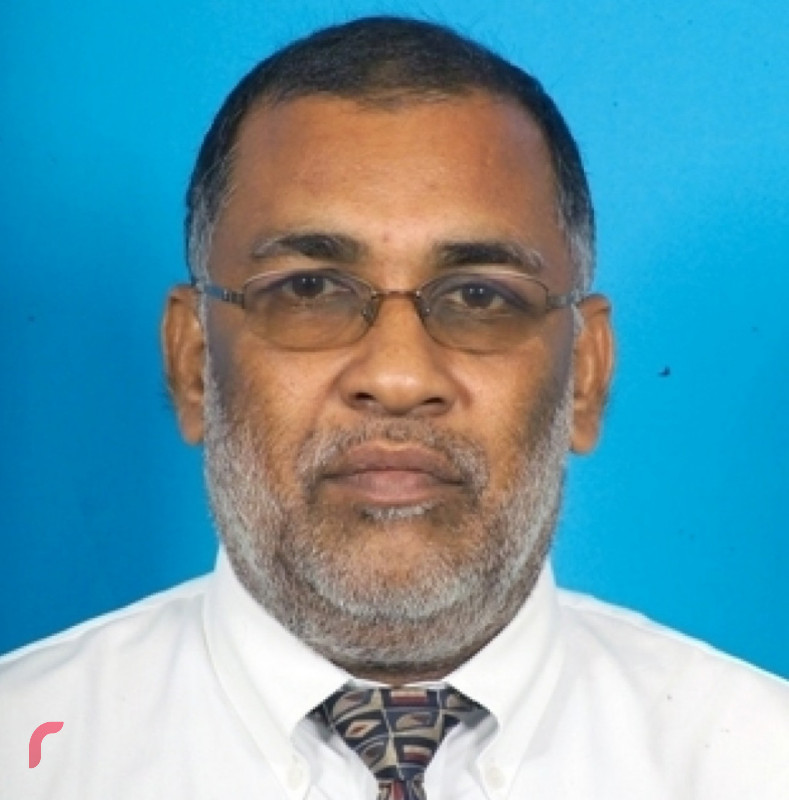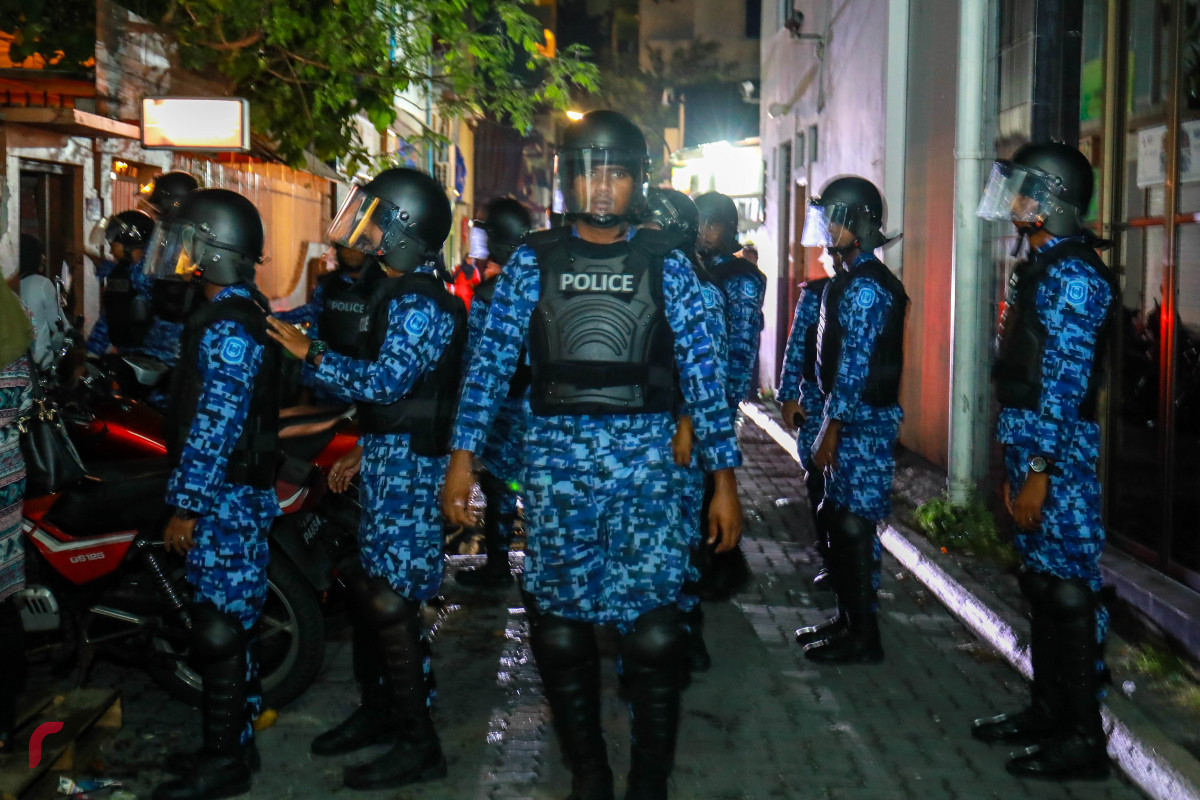Maldives & India: Time to Renew Business Confidence
Indian investments into the Maldives began around early 1980's
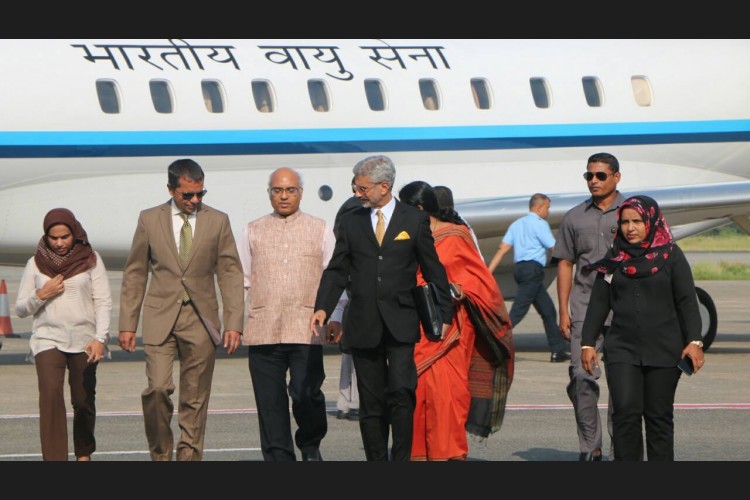
India Foreign Secretary Jaishankar in the Maldivess
That India and Maldives have shared cordial relations through ethnic, linguistic, cultural, religious, and commercial links for decades is a fact well established. One of the first countries to recognize Maldives after its independence in 1965, India established diplomatic relations by setting up a mission at Malé in 1972. Since then, both countries have strived to nurture bilateral relations, strengthened through regular contacts at all levels. While almost all Indian Prime Ministers have visited the Maldives, former Maldivian Presidents Maumoon Abdul Gayoom and Mohamed Nasheed made several visits to India during their respective tenures. President Abdulla Yameen attended the swearing-in ceremony of Prime Minister Shri Narendra Modi in May 2014. As neighbours both nations have consistently supported each other at multilateral global forums such as the UN, the Commonwealth, the NAM and the SAARC.
India’s investments in Maldives
In keeping with this camaraderie, India has made several investments in the Maldives. Growing from modest beginnings in 1981, when the two nations signed a trade agreement, the India-Maldives bilateral trade now stands at Rs. 800 crores. Currently, India has provided $100 million Stand-by Credit facility to Maldives, including long-term loans and revolving credit for trade. Under new Line of Credit worth $40 million offered by the Government of India, the Overseas Infrastructure Alliance of India has been given a contract to construct 485 housing units on the island.
Capacity building and skills development is one of the key components of India’s assistance to Maldives. The Government of India has financed a $5.30 million project for Technology Adoption Programme for the Education Sector in Maldives. Several scholarships have been offered to Maldivian students, as well. As the leading development partner in the country, India has established many reputed institutions in Maldives, including the Indira Gandhi Memorial Hospital, Faculty of Engineering Technology and Faculty of Hospitality & Tourism Studies. Also, several Maldivian diplomats have received training in India under the Indian Foreign Service Institute’s Professional Course for Foreign Diplomats program.
At a humanitarian level, India was the first country to rush with relief and aid after the devastating tsunami hit Maldives on December 26, 2004 and even allotted financial aid to tide over the crisis.
Growing Corporate investments in Maldives
The India Maldives political and economic relationship has been further strengthened by business relationships. In the last few years, business and economic relations between India and Maldives have developed significantly.
Major Indian companies such as the GMR Infrastructure Limited, Sriram Group, Tata Group, Bommidala Group, Suzlon and others have invested in the island nation. Bangalore-based GMR Group, which is modernising the Ibrahim Nasir International Airport in Male, the total cost of which is estimated to be $511 million, has made the largest Indian private investment. While the Sriram Group has set up a public-private project in education, Suzlon and Bommidala have a presence in the renewable energy sector. There are reports of an Indian company setting up a university, apart from building a wellness resort.
The Tata Group’s hospitality projects include the Taj Exotica Resort & Spa and Vivanta Coral Reef Resort. Tata Housing has already a delivered a social housing project with 288 apartments to the government of Maldives and has launched 2 more project in the capital city of Male.
India's state-owned banks have invested in the Maldives economy by extending credits to the housing sector. State Bank of India has been playing a vital role in the economic development here since February 1974 by providing loan assistance for promotion of island resorts, export of marine products and business enterprises. Additionally, the Indian government has plans to promote Maldives tourism in India. A ferry service from Cochin is being planned to boost trade and investment.
Renew business confidence of Indian investors
The experience of some of the Indian business however has not been very pleasant. The long enduring business ties between India and Maldives weakened in 2012, when the latter cancelled the $500-million deal signed with GMR for the modernisation of the international airport in Male. Terminated through a cabinet decision with a seven-day notice, and amid political protests, citing concerns of national interest and bidding irregularities, this was a breach of contract. In 2016, GMR was awarded compensation of approximately $270 million by the 3-member Singapore International Arbitration Centre.
In 2012-13, the then new Maldivian Government renegotiated a $49 million waste management project signed between the preceding government and India-based Tatva Global Renewable Energy. Malaysian security firm, Nexbiz Solutions, won an arbitration award of $15 million as compensation for the Maldivian government’s suspension of a $39 million border control project. In April 2017, the Maldives government sent a notice to terminate the deal signed in 2010 between Tata Housing and the then government to develop and sell luxury flats in Odion and Naadhee, to develop and sell in open market.
In Conclusion
Though Indian business have helped in the growth of Maldives, these recent cases create a little doubt in the minds of the future investors. Such investment disputes have hampered investor sentiments coming into the Maldives from India and other countries as well. Sudden termination of large-scale contracts has seriously hurt Indian investments into the Maldives, and may affect cordial relations between the two nations. In such a scenario, the Maldivian Government needs to safeguard all business-related policies to make investments more enterprising for India. While the government is trying to make Maldives the preferred destination for Indian investment, appropriate measures are essential to retain the confidence of investors in the business environment in the Maldives.

